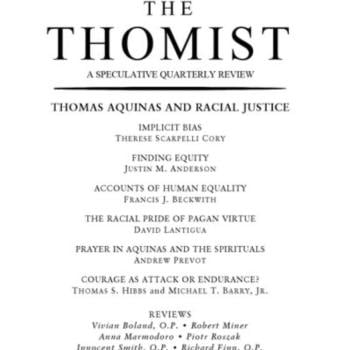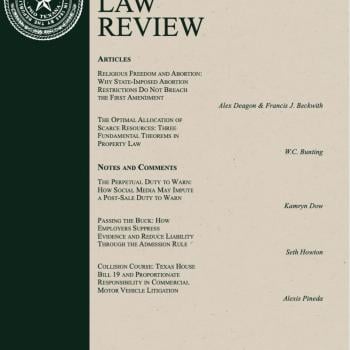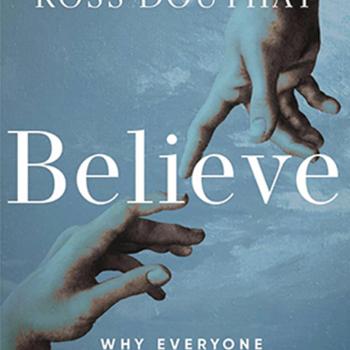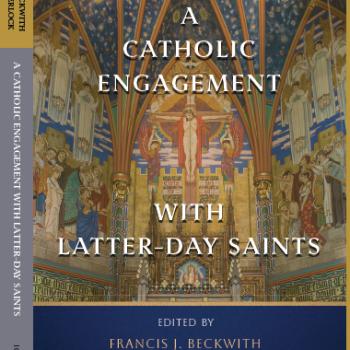On January 19, 2023 I will be delivering an invited paper at the annual meeting of the American Academy of Catholic Scholars and Artists. I just posted on SSRN the first draft of the paper, which you can find here. Entitled, “Dignitatis Humanae: Navigating the Legacy of Vatican II,” here’s the abstract (which is taken from the paper’s introduction):
The Second Vatican Council published its Declaration on Religious Freedom, Dignitatis Humanae, on December 7,1965. At the time, it was seen by many as a significant departure from the Catholic Church’s long-held magisterial teachings on religious liberty and the relationship between church and state, even though much of the conceptual work undergirding its reasoning had been undertaken
by the Church for nearly a century. Nevertheless, there is little doubt that Dignitatis Humanae constituted at least a development in Catholic doctrine, one that moved the Church, in the eyes of some, closer to the Lockean claim —once enthusiastically rebuffed by the Church —that on matters of faith the government should
not interfere with the religious choices of its citizens, and that on matters of government, religious bodies should not interfere with the proper exercise of state power. But, as I point out in this paper, the Council itself claims that its account of religious liberty relies on the Church’s perennial understandings of human nature and the divine law, neither of which fits comfortably in Locke’s scheme of things.
As with all the documents of the Second Vatican Council, Dignitatis Humanae was intended to confront the challenges of the modern world while safeguarding the deposit of faith. In the early to mid-1960s, the “modern world” that Dignitatis Humanae confronted was one in which religion and religious liberty were seen through two historical trajectories, one backward looking and the other forward looking: (1) the lived experience of the North American and European states that had settled on a variety of modi vivendi, reflected in various legal instruments and international declarations, that sought to accommodate their peoples’ religious diversity, and (2) the present experience of nations behind the iron curtain that were effectively atheistic regimes that sought to suppress, for the purpose of ultimately eradicating, their peoples’ religious beliefs and practices.
Although Dignitatis Humanae masterfully came to terms with both trajectories, the modern world that gave them salience, like pet rocks and bell-bottom blue jeans, is no longer with us. Our new modern world is much different. It is one in which the very idea of religious liberty, as an essential component of social justice, is increasingly questioned. The premises on which Dignitatis Humanae relied are
no longer dominant in the academy or in the wider culture. What was once, just a generation ago, hailed as the Council’s most significant concession in its encounter with modern thought seems now to be out of step with current trends.
Consequently, in order to properly navigate Dignitatis Humanae’s legacy today, one must take seriously the differing accounts of religious liberty that pose the most significant challenges to the Declaration’s premises. As a first step toward that end, I am going to offer a brief synopsis of Dignitatis Humanae, followed by a summary of categories of challenges to religion and religious liberty that seem to contravene the Declaration’s understanding.
You can read the whole paper here.













